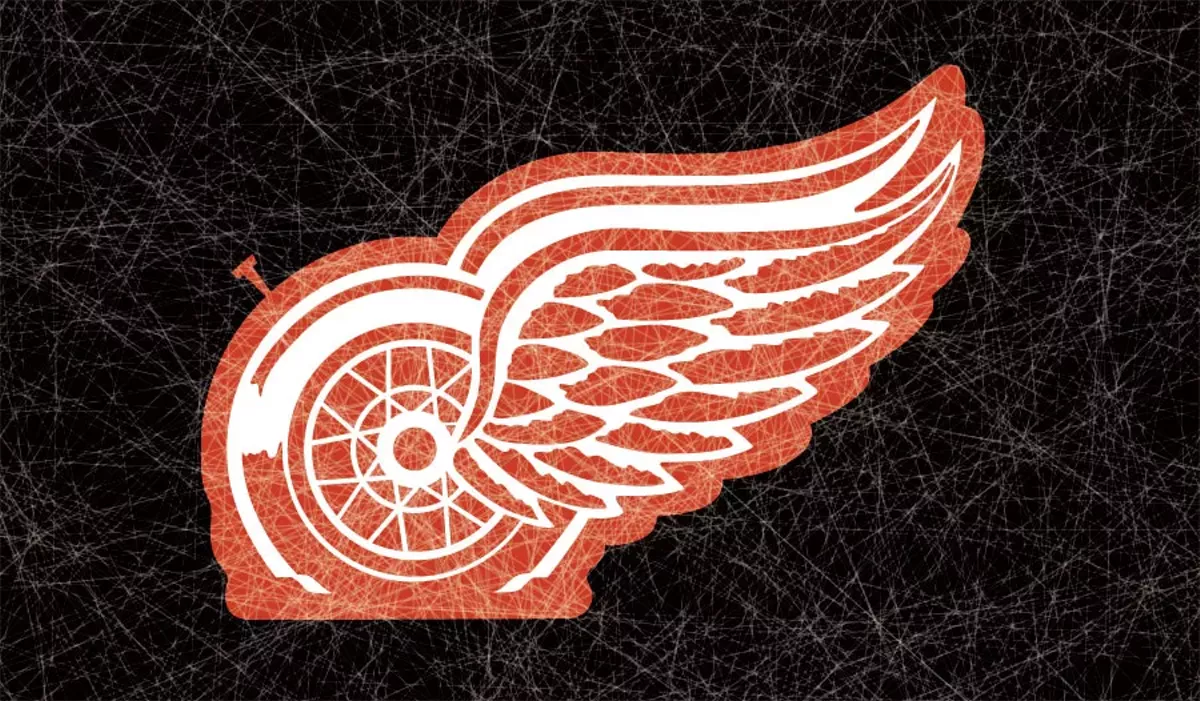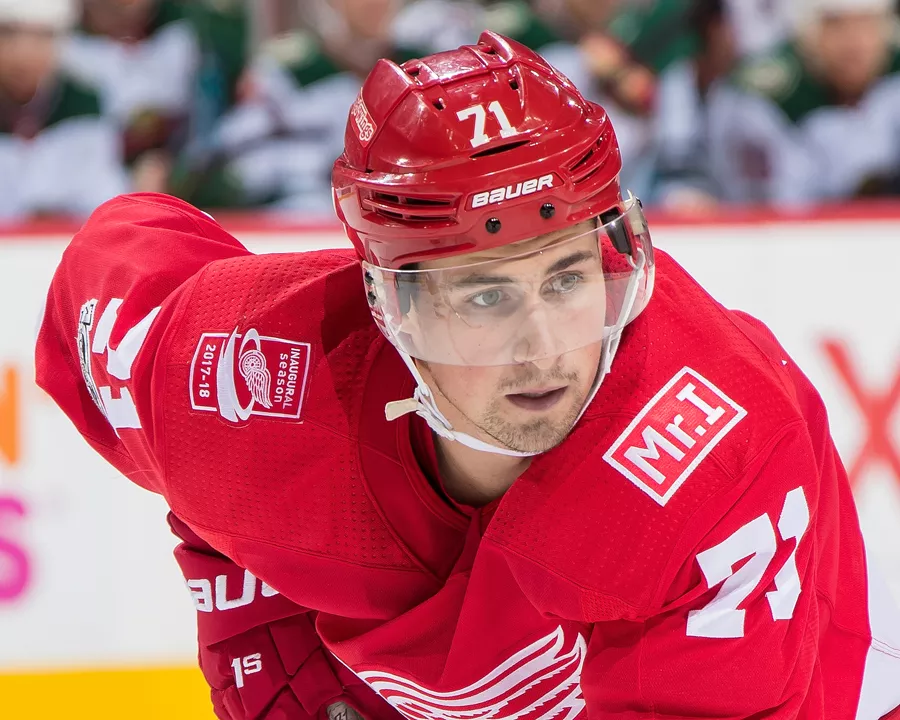A genius flames out
One of the fans' frustrations with the Red Wings over the last five years is that it didn't publicly acknowledge the slow organizational rot until this past summer, and did little to remedy the situation. ("We like our team" and "We're going to take a wait-and-see approach" will be scrawled on Holland's headstone.)
However, there was at least an indirect acknowledgment that things were going south when the Red Wings courted stars Zach Parise and Ryan Suter during the 2012 free agency period. After all, Mr I. doesn't join an envoy on his private jet to visit Suter's Wisconsin farm with $90 million checks in hand to pitch Detroit as a destination for nothing.
By then, signs of things to come were there — the Wings' top seven goal scorers in 2011 were over 30 years old, and Lidstrom, at that point, was a year from retiring.
But Parise and Suter chose a boring Minnesota team over Detroit — "like someone choosing spinach over ice cream," as one writer put it — a shock for a former destination organization.
No longer able to attract the league's top talent, the Wings signed players like a broken-down Brad Richards, an also broken-down Mike Modano, and what J.J. characterizes as "the biggest blunder of them all" — Stephen Weiss. Several years later, the Wings bought out the struggling center, meaning his part of his contract still counts against the salary cap.
Furthermore, Detroit's payroll is higher than nearly every team in the league, but large chunks are tied to mediocre players like Justin Abdelkader at $4.25 million per year through 2023; Jonathan Ericsson at $4.25 million per year through 2020; Darren Helm at $3.85 million per year through 2021; and two goalies pulling a combined total of more than $9 million.
Craig Custance, a former ESPN writer who now covers the Wings for The Athletic, says that presents even more challenges for the organization.
"It's going to be hard to turn things around because they are saddled with bad contracts. Part of it is the evolution of the NHL. They have some contracts left over from the glory days, and those are excusable. When they were winning cups, that's the price they paid," Custance says. "When you get into difficulties is contracts for guys like Helm, Abdelkader, Nielsen, and other older, non-star players. And you're paying them at a generous rate into the future at a time when it may be better to play the prospects and go into a more traditional rebuild."
The contracts do more extensive damage than what's seen on the surface. Puck Daddy's Lambert notes that Holland convinced Lidstrom to take a below-market value contract at $6.2 million per year, and that set up Holland to convince other players to take team-friendly deals. After all, why should anyone be paid more than Lidstrom?
But now the opposite is true. Abdlekader, Helm, and even Luke Glendening are overpaid, and that sets up Holland for trouble when it comes time to pay guys who do score, like Tomas Tatar and Andreas Athanasiou. The latter recently left for Switzerland because the Wings don't have enough free salary cap space to pay him what he's worth — the "jerking around" to which Lambert previously referred.
"Now they're in this situation where they have to overpay everybody, and why would you want that to be your operating position going forward?" Lambert asks.
Holland, of course, isn't oblivious to the contracts, as some unfairly suggest. Detroit News writer Gregg Krupa spoke with Holland earlier in this year for an article in which he characterized some of the contracts on Detroit's books as "ill-advised."
“Certainly a number of players regressed, or had off-years,” Holland told Krupa.
Also detrimental is the poor drafting and the strategy of trading away draft picks for veterans who helped the team make the playoffs in recent years, like Dave Legwand in 2013 or Marek Zidlicky in 2015. The willingness to give up high draft picks could be partly attributable to the organization convincing itself that Holland's success in drafting Datsyuk, Zetterberg, and Franzen in the late rounds was more than luck.
"You know the thing that really screwed them?" Lambert asks. "It's that they bought their own hype that they were so good at drafting that they said 'We can draft amazing players in the 4th, 6th round ... so we can trade draft picks every year and it doesn't matter because we're so good at drafting.' But all evidence has pointed to the contrary."
Beyond leaving itself with fewer draft picks, the Wings' picking hasn't gone well. The only players of real consequence that the team selected between 2006 and 2012 are Tomas Tatar, Gustav Nyquist, and Petr Mrazek. And that makes it tough to be successful in 2017.
Even this year, when the Wings finally started collecting draft picks instead of trading them, the organization seemed fixated on drafting for size. Custance noted that prioritizing size is one thing, but drafting for size over skill, which is something that most agree Holland did this year, is a problem. Skill is what wins games in the NHL.
That approach is similar to Holland's "tie-goes-to-the-veteran" and "they've got to steal the job" philosophies that favors older players over younger ones. It is, of course, a terrible policy in a league in which empirical data shows that young players are more productive. That's long been a point of frustration among fans, and it boiled last year when gifted players like Anthony Mantha and Athanasiou — who are just about the only reason fans tune in any longer — were benched for mistakes and saw less playing time than some rather terrible veterans.
And no one seems to understand why Ericsson remains on the ice, but Krupa provides some insight.
"Unfortunately, [the Wings] believe they do not have better defensemen. They may be right," Krupa tells us.
But while there's some frustration with the organization and coach Jeff Blashill over the playing time, the situation is a little more nuanced, as Custance notes. Both players have been criticized for not playing a two-way game, and what other options do coaches have when players are refusing their orders?
"If a coach is telling a player to play one way and they're not, then the coach's only repercussion is ice time," Custance says. "And the rest of the team is watching. If the player ignores you and is young and on some level entitled, then what else do you do? I understand why coaches do that."









